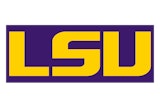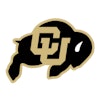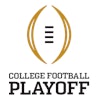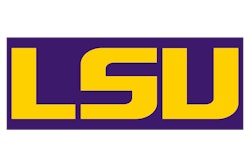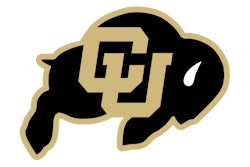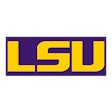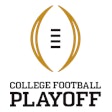I'm about to make myself sick.
 bud_selig.jpg
bud_selig.jpg
Okay, let's get this over with: Bud Selig is right.
As the Yankees wrapped up their one-thousandth championship and fans from all over Wall Street feted their heroes with a ticker-tape parade - the Yankees have been the sole reason for the beleaguered ticker-tape industry's existence since about 1995 - Selig was called upon to defend the competitive balance of Major League Baseball. "We've had more competitive balance than at any other point in our history," noted the onetime used-car salesman. "I'm not in the least bit concerned."
It is a fact that the Yankees' $201 million payroll dwarfed (for example) the $80 million payroll of Selig's former team, the Milwaukee Brewers. It is also true that major markets dominated the postseason proceedings this year, with both New York and Los Angeles well-represented. True, too, that the Yankees were and are the rare professional franchise that can take what was already the most expensive everyday lineup in baseball, add Mark Teixeira for $180 million and then retool its pitching staff with the likes of C.C. Sabathia ($161 million) and A.J. Burnett ($82.5 million).
But buying a championship requires smarts as much as it requires money. The Yankees went eight years without winning the title, a time during which they acquired Alex Rodriguez without immediately winning it all and threw $40 million at Carl Pavano. You heard few complaints from fans about buying a championship when Pavano was on the hill (or, more frequently, on the DL).
The Yankees have been buying pennants since the day they traded for Babe Ruth in 1919 in exchange for $125,000, three $25,000 notes payable every year at 6 percent interest and a $300,000 loan. Yes, they were a team in the league's biggest market fortunate enough to have a deep-pocketed, free-spending owner. They also completed the conversion of one the league's most effective pitchers into its most feared everyday slugger. They sent five players and $50,000 to the San Francisco Seals for Joe DiMaggio in 1934, paid Joltin' Joe a starting salary of just $8,000, and won five of the next six World Series. During the team's longest run of championships (15 World Series berths and 10 championships in 18 years), the Yankees plucked player after player from small-market teams (most famously, the Kansas City A's, who gift-wrapped Ralph Terry and Roger Maris, among others) and invested in scouting and infrastructure that regularly beat other teams to talents such as Mickey Mantle.
What the Yankees did this year is similar to what they did in 1977 - they took a team that was plenty good already, saw an opportunity to win immediately, seized the opportunityâ¦and got lucky. Sabathia amazingly didn't blow out his arm, A-Rod didn't wilt in October, and the Yankees won in six. Next year, things may look very different.
And, getting back to Bud Selig: As he noted several times during the playoffs, 23 of the league's 30 teams have earned playoff berths in this decade, and eight different teams have won the World Series during that time. Only the 1980s, which crowned nine different champions, was more of a monument to parity.
So, I feel queasy saying it, but I'll say it again: Bud is right. Urp.









